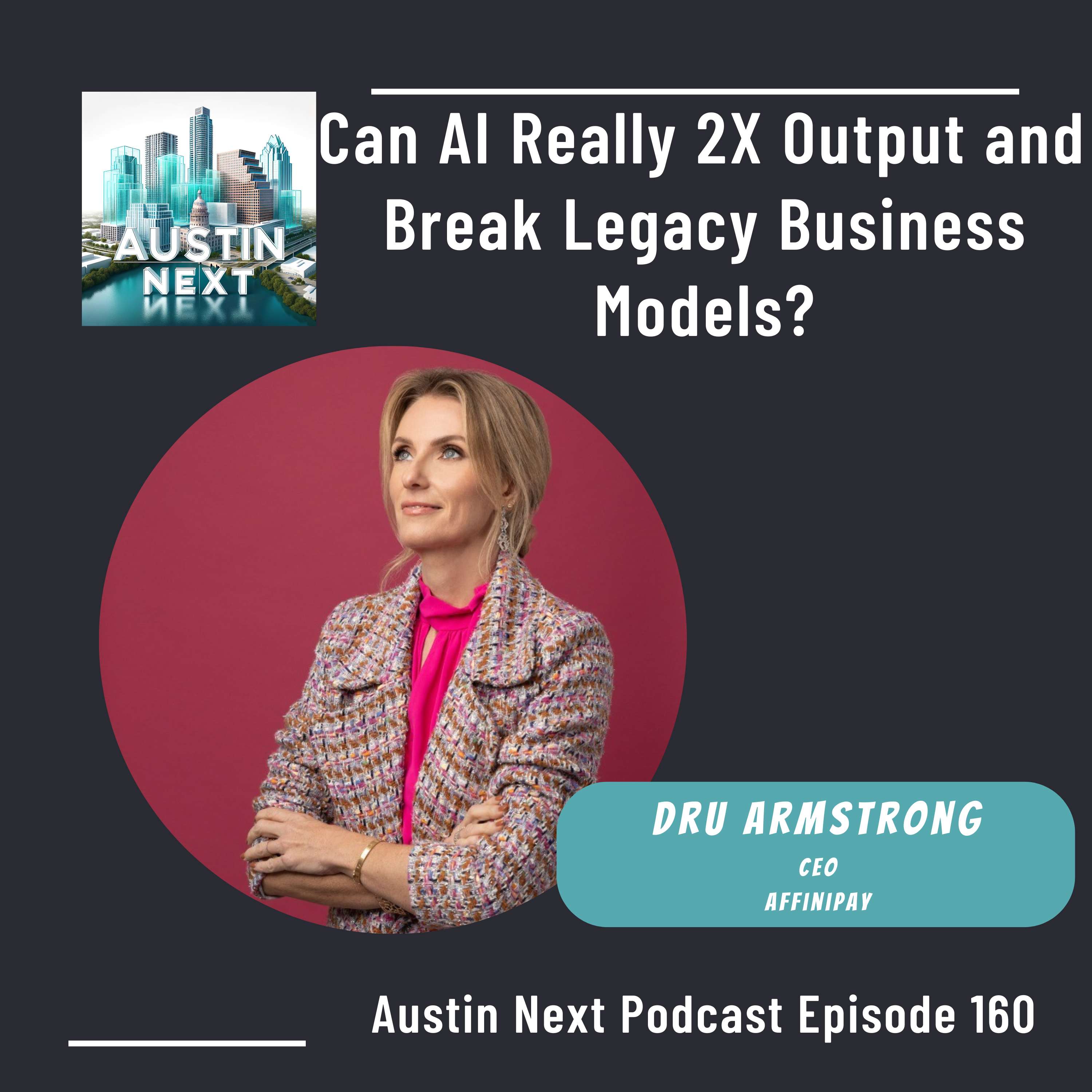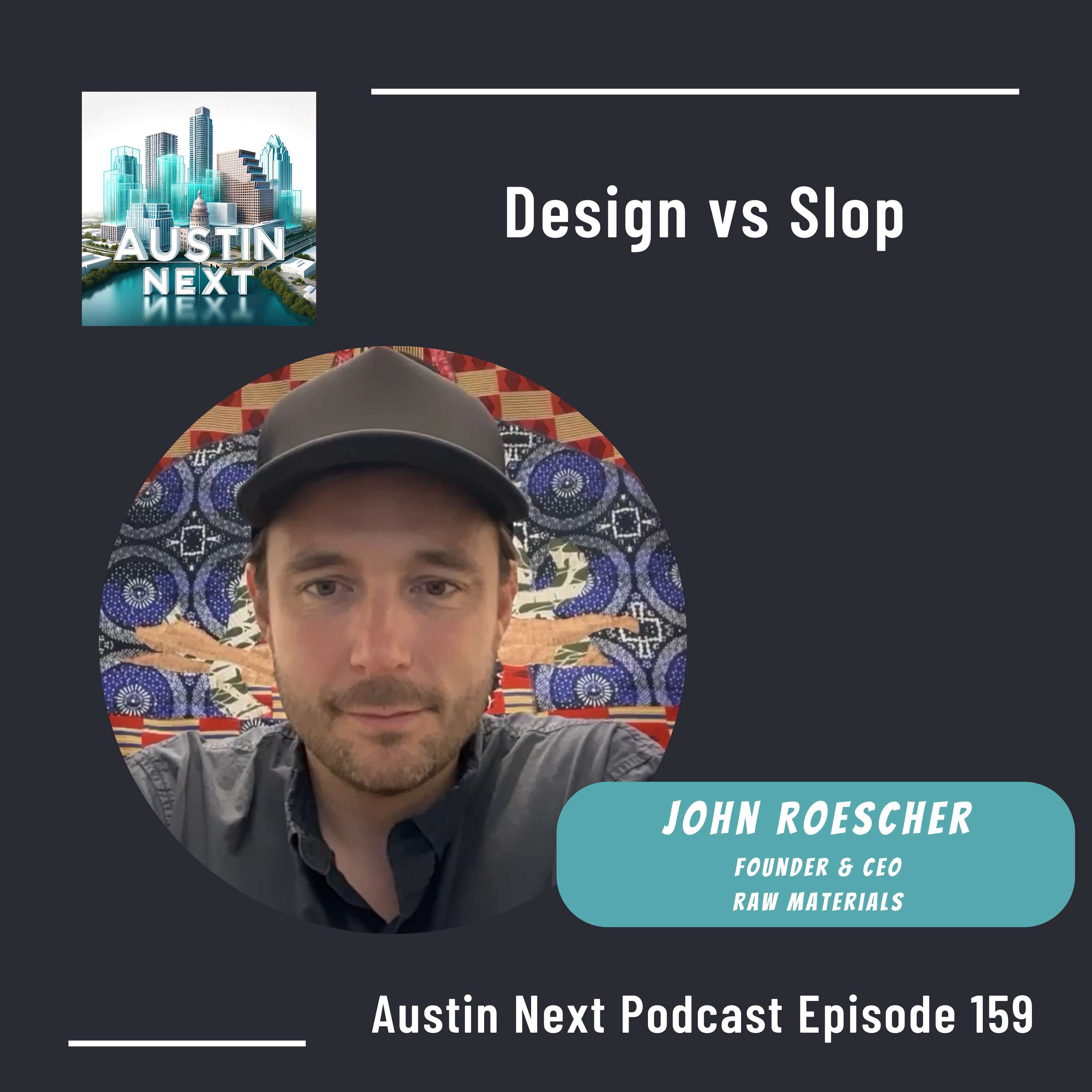Rise of the Meta City with Richard Florida
How we live, work, and innovate is changing, transforming not only our interactions within cities but also how regions interact with each other. In this episode, we welcome back Richard Florida to explore his concept of the Meta City. We discuss and dissect how the physical and digital relationships between regions are rooted in historical connections and the emerging ecosystem models of today.
Episode Highlights
- The Meta City represents an evolution of the spatial division of labor, expanding beyond urban/suburban distinctions to digitally connect distant cities with unique economic specializations into a global network.
- Informed by LinkedIn data on skilled professionals' mobility, the Meta City concept was born out of an attempt to understand remote work's impact and instead uncovered new linkages that redefine the connections between cities.
- The relationship between Austin-Silicon Valley, Miami-New York, and Nashville-Los Angeles exemplifies these interconnected ecosystems, where talent and innovation flow is not only a result of their historical and cultural ties but also significantly enhanced in the digital connectivity era of the Meta City.
- What's Next Austin?
- "Linking innovation, university research, high-tech ecosystems, startup ecosystems with popular culture innovation, and music, and all lifestyle, and not only music but outdoor recreation, all the things I like with now a production component. So it's kind of a more full-fledged model. So I like that. You know, I think what next for Austin, just keep doing what you're doing."
Richard Florida: Website, LinkedIn, X/Twitter
-------------------
Austin Next Links: Website, X/Twitter, YouTube, LinkedIn
Ecosystem Metacognition Substack












